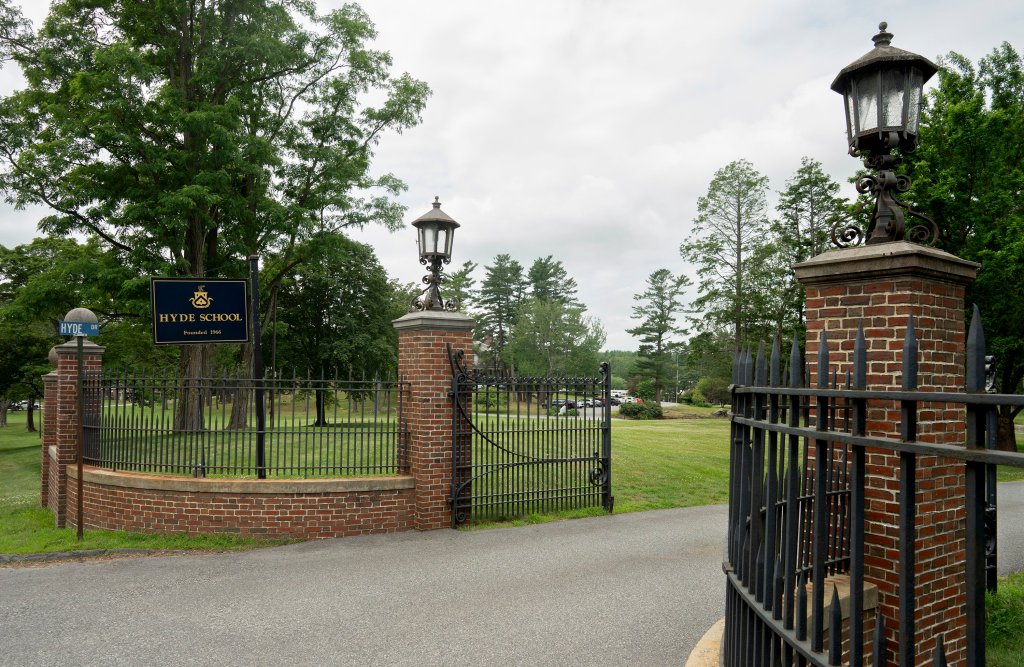
Attorneys for a Bath boarding school accused of negligence and forced labor are asking a judge to dismiss the federal class-action lawsuit filed against the school this summer.
The Massachusetts-based firm Justice Law Collaborative and Maine-based Island Justice Law sued the Hyde School and several of its leaders in U.S. District Court in July, alleging they violated human trafficking, forced labor and negligence laws.
Shortly after the suit was filed, the Press Herald published an investigation that included interviews with eight former students who said they experienced emotional and physical abuse, neglect and labor as punishment at Hyde, which was founded in 1966 and advertises a character-based education.
The school has denied all of the claims.
“Contrary to the allegations made in the lawsuit, Hyde considers its obligation to protect students to be paramount,” Dana McAvity, chair of the the school’s board of governors, said in a July statement. “We stand behind our school leaders and believe that they have worked tirelessly to do the right thing for our students.”
Tuesday’s motion argues that Jessica Fuller, the sole named plaintiff, lacks standing to bring the lawsuit. Fuller attended Hyde in 2014 and 2015 and alleged that in her time at the school she was physically restrained and forced to do manual labor as punishment.
Hyde’s attorneys argue that her claims about forced labor do not constitute unlawful coercion under the law, that not all of the defendants worked at Hyde during the time she attended and that the statute of limitations for her claims of negligence has expired.
Attorneys for Fuller have until Oct. 28 to respond to the motion to dismiss.
They have been seeking class-action status for more than 100 individuals who they say would fall under the class, but that status still needs to be approved by a judge.
Attorneys Kelly Guagenty and John Steed said Wednesday that they were aware of the motion to dismiss. They said they were unavailable for an interview but shared in a statement that they planned to respond to the motion through legal channels while continuing to advocate for Fuller and “others who have courageously come forward to share their experiences at Hyde.”
“This case represents the lived experiences of survivors who have waited years to have their voices heard,” the attorneys said. “We remain deeply committed to ensuring that their stories are treated with the care, respect and dignity they deserve.”
Since the lawsuit was filed, the Press Herald has spoken with more than 30 former students and family members who say they experienced or witnessed abuse over decades at the private boarding school. Most of them are not involved in the litigation.
Those former students say they were subjected to unprofessional “attack therapy” and public shaming at the school, and were sent on trips to a property in the woods or required to do manual labor for weeks without going to class as punishment for rule breaking. They said the emotional impact of their time at Hyde has stuck with them for decades.
Many others have defended Hyde, saying they received a transformative education.
The alumni association paid to take out a full-page advertisement in the Press Herald in July signed by hundreds of former students, parents and staff members that said the way Hyde had been depicted in recent interviews and on social media did not reflect “the school, the philosophy, or the people.”
